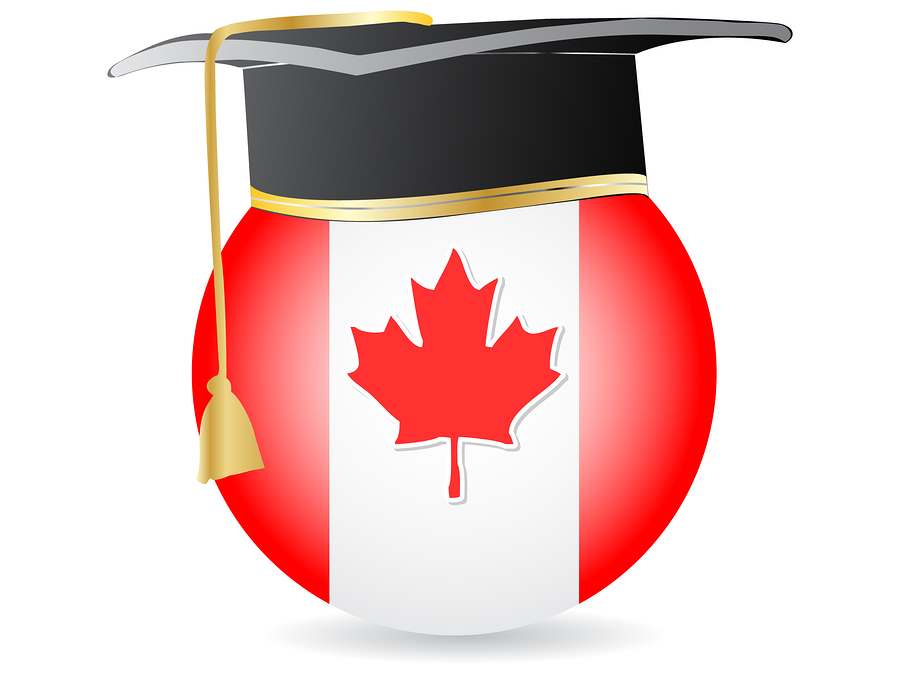 When there are debates about the world's top performing education systems, the names that usually get mentioned are the Asian powerhouses such as Singapore and South Korea or the Nordic know-alls, such as Finland or Norway.
When there are debates about the world's top performing education systems, the names that usually get mentioned are the Asian powerhouses such as Singapore and South Korea or the Nordic know-alls, such as Finland or Norway.But with much less recognition, Canada has climbed into the top tier of international rankings.
In the most recent round of international Pisa tests, Canada was one of a handful of countries to appear in the top 10 for maths, science and reading.
The tests, run by the Organisation for Economic Co-operation and Development (OECD), are a major study of educational performance and show Canada's teenagers as among the best educated in the world.
They are far ahead of geographical neighbours such as the US and European countries with strong cultural ties like the UK and France.
At university level, Canada has the world's highest proportion of working-age adults who have been through higher education - 55% compared with an average in OECD countries of 35%.
Migrant students
Canada's success in school tests is also very unusual compared with other international trends.
The top performers are often cohesive, compact societies and the current highest achiever, Singapore, has been seen as a model of systematic progress, with each part of the education system integrated into an overarching national strategy.
Canada does not even really have a national education system, it is based on autonomous provinces and it is hard to think of a bigger contrast between a city state such as Singapore and a sprawling land mass such as Canada.
The OECD, trying to understand Canada's success in education, described the role of the federal government as "limited and sometimes non-existent".
Also not widely recognised is that Canada has a high level of migrants in its school population.
More than a third of young adults in Canada are from families where both parents are from another country.
But the children of newly-arrived, migrant families seem to integrate rapidly enough to perform at the same high level as their classmates.
When the most recent Pisa rankings are looked at more closely, at regional rather than national level, the results for Canada are even more remarkable.
If Canadian provinces entered Pisa tests as separate countries, three of them, Alberta, British Columbia and Quebec, would be in the top five places for science in the world, alongside Singapore and Japan and above the likes of Finland and Hong Kong.
So how has Canada overtaken so many other countries in education?
Andreas Schleicher, the OECD's education director, says Canada's "big uniting theme is equity".
Despite the different policies in individual provinces, there is a common commitment to an equal chance in school.
He says there is a strong sense of fairness and equal access - and this is seen in the high academic performance of migrant children.
BBC
No comments:
Post a Comment